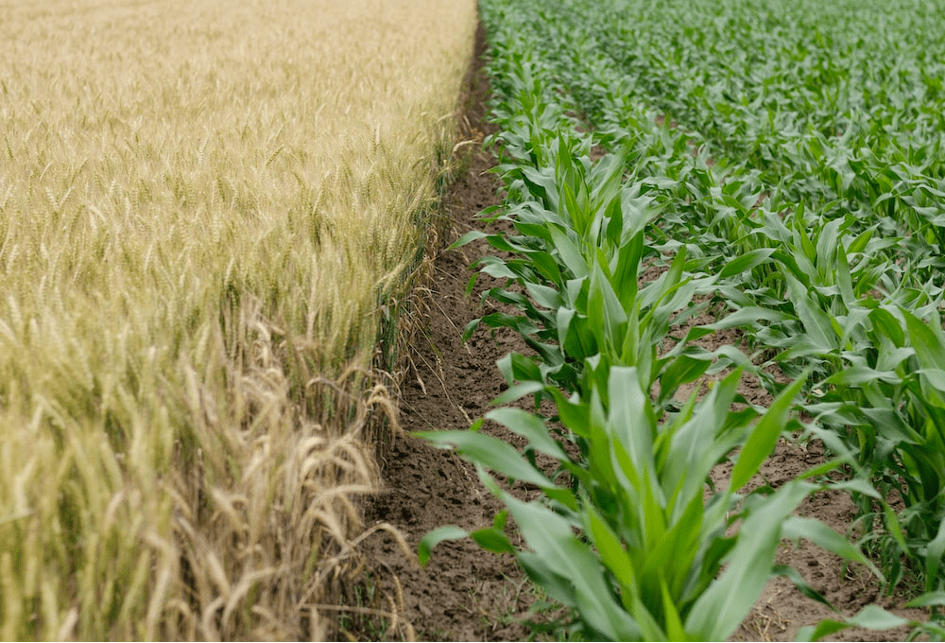Climate change jeopardizes water reserves. The shared and equitable management of this resource ensures food production in the poorest areas.
Houssine, a Tunisian producer of dates, pomegranates, and vegetables, is familiar with this practice. He owns land in a Tunisian oasis and shares water resources with his local counterparts. They are alternately irrigated through the system of séguias, irrigation channels that carry water from the source to the plots.
Around the sources of Tozeur, Gafsa, and Gabès, lands and resources are still collectively managed by tribes. This ancestral sharing system aligns with sustainable development goals, particularly SDG 6, which envisions sustainable access to water for all.
The practice of commons is also widely used in Egypt, Syria, Iraq, Saudi Arabia, and Yemen.
An acceleration of privatization in farming could end the fair sharing of resources.
Abdelmajid Fourati, president of the council of collective lands of the Ouled Chrai tribe, acknowledges that while houses and lands fall under private ownership, the surrounding pastures remain a collective asset managed by the tribe.
Source: Courrier International




